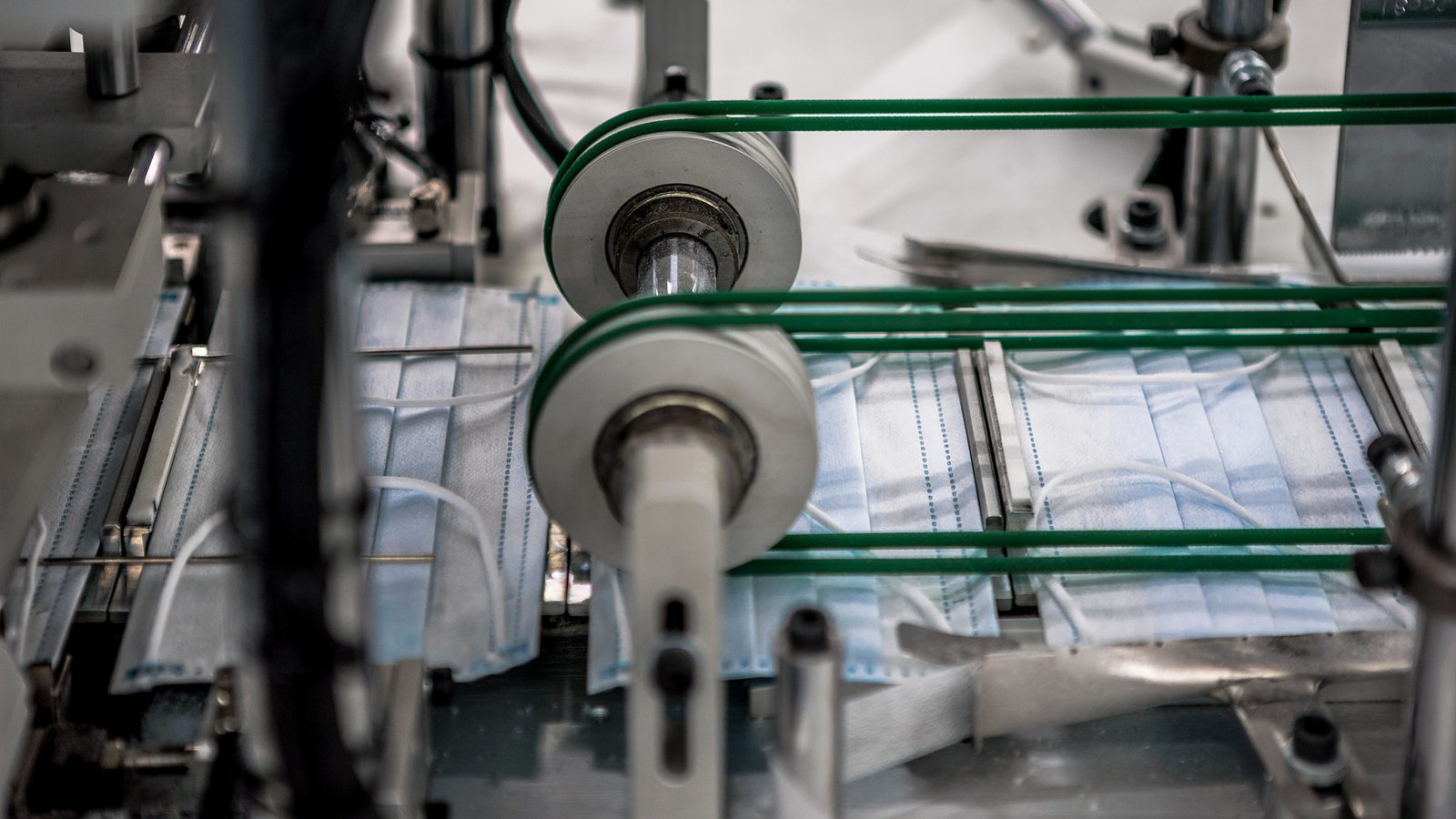By Laser 1 Technologies
Five Ways To Apply Artificial Intelligence To Manufacturing Strategy
Artificial Intelligence (AI) is becoming increasingly refined and accessible as we conclude the second decade of the 21st century.
Manufacturing is one of the many fields benefitting from incredible capabilities of AI and the exponential increase in computer power on which AI relies.
Here’s how AI is defined by Encyclopedia Britannica:
The ability of a digital computer or computer-controlled robot to perform tasks commonly associated with intelligent beings. The term is frequently applied to the project of developing systems endowed with the intellectual processes characteristic of humans, such as the ability to reason, discover meaning, generalize, or learn from past experience.
There are many ways manufacturing can harness the power of this machine intelligence on the factory floor. Here are five valuable ways that AI might bring value to your business.
Quality Control
Manufacturing defects are often difficult, time-consuming, or impossible to detect with visual inspection, even by experienced technicians.
However, AI and machine learning technologies can reliably detect extremely small and subtle flaws.
Using intelligent algorithms, smart machines can continuously monitor production, and identify non-compliance. In the process, they can even gather and process information to improve processes and correct errors.
Equipment Failure Prediction
Nearly all equipment will fail at some point. While equipment failure is always a large and unwelcome cost, it is far less disruptive when it is anticipated. Unexpected failure can damage product, damage components, and result in costly production downtime. AI has the computing power to analyze massive volumes of data, which may enable a manufacturer to maintain or replace machinery before it fails.
Equipment Maintenance Prediction
The condition of equipment can be effectively monitored by AI. By collecting data over time and identifying patterns, AI technology can predict when maintenance is required. Data can reveal irregular behavior and recommend mitigation or maintenance measures. Once again, this can save costly damage to machinery and products, as well as downtime.
Supply Chain Management
AI is playing an increasing role in improving supply chain management and efficiency. A variety of technologies may be employed under the AI umbrella, including robotics, speech recognition, natural language processing, and machine learning. AI can be employed in many ways, including to improve communication among departments; to fine-tune warehouse management and logistics; and to govern autonomous vehicles in the warehouse and on the shop floor.
Inventory Management
AI can improve management of order records and inventory by increasing accuracy and decreasing the human effort it demands.
AI Benefits Manufacturing in Many Ways
Ultimately, the benefits of AI in manufacturing can hardly be overstated. Product quality, production efficiency, employee safety, machine longevity and maintenance, reduced downtime, tighter inventory control are all elements of the manufacturing cycle which can benefit from computer based data collection and machine learning.




